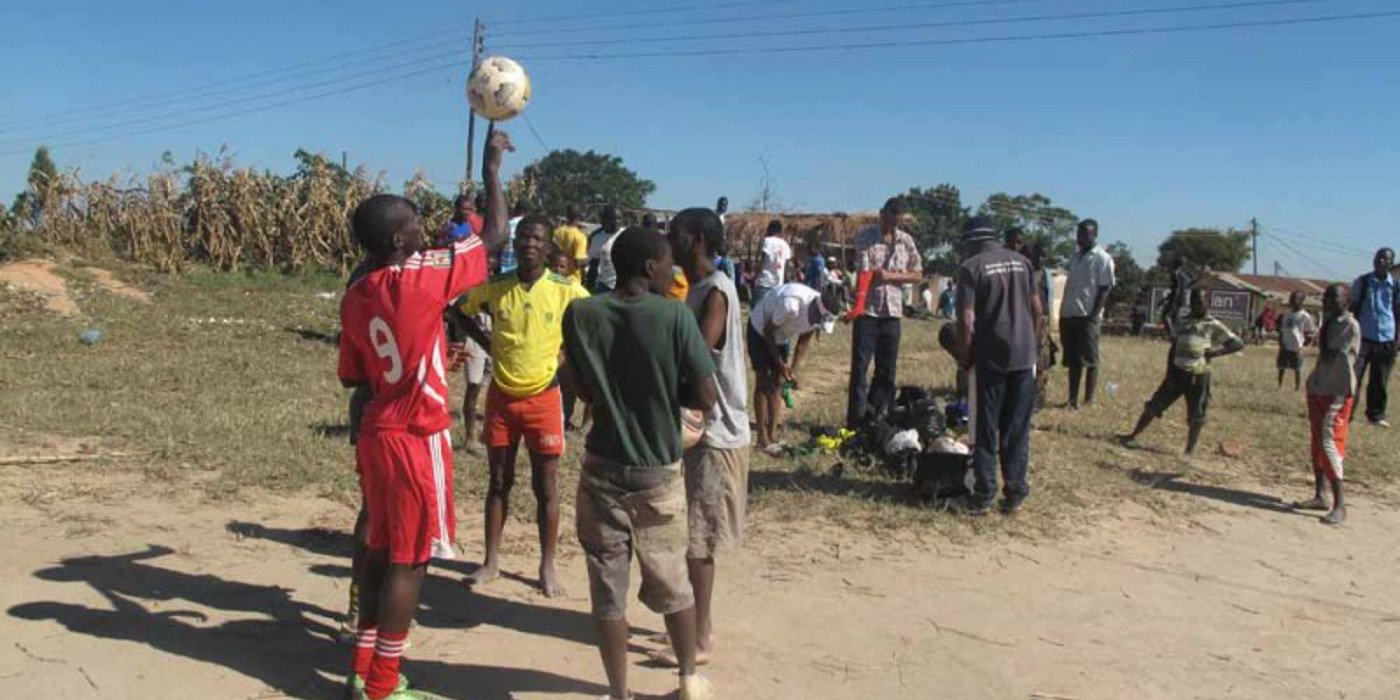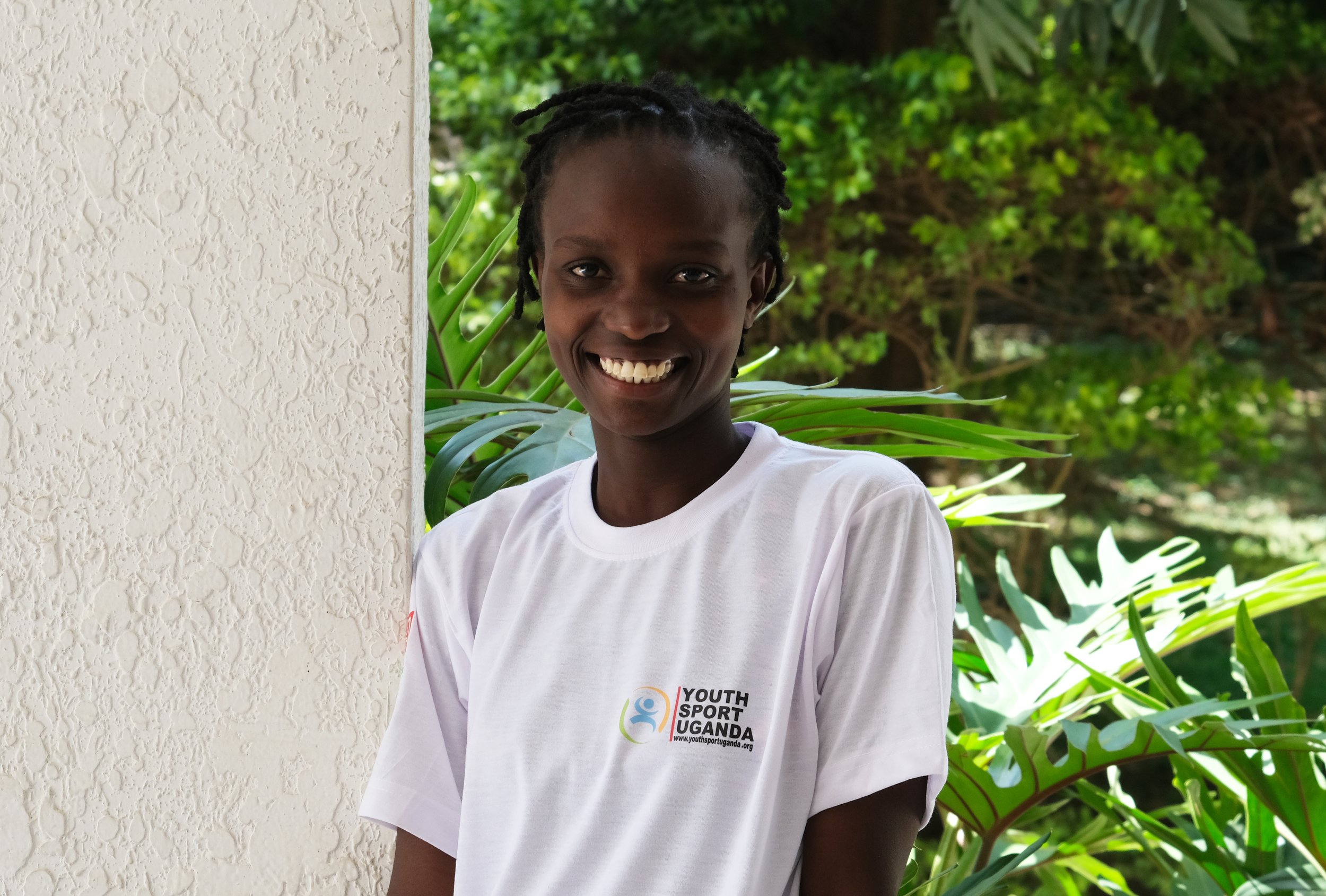
MALAWI
PLAY SOCCER MALAWI
Play Soccer Malawi uses sport as a catalyst to enable youth and their communities to change their lives. Together with its partners, it promotes sports projects, education, entrepreneurship and job creation for all its registered players and coach educators. It has been participating in Street League Football since 2008.
The programme brings structured small-sided games of football for the underserved to the rural areas of Malawi. It has a focus on teen mothers and other youth from poverty-stricken backgrounds that have been excluded from formal education or training opportunities.
Prominent Lawyer Alick Msowoya and his family have been supporting Play Soccer Malawi’s annual games since 2015 and the family has committed to fund the Street League until 2030.
Country statistics
Human Development Index: 172 out of 193 (UNDP, 2022)
Gross National Income per Capita: $640 (World Bank, 2023)
About 70% of Malawi’s population lives below the poverty line (UNCTAD, 2023)
Malawi, with an estimated population of 21.6 million (Worldmeters, 2024), continues to grapple with substantial development challenges, with more than half of its population living below the poverty line (World Bank, 2023). The country experienced a severe cholera outbreak from 2022-2024, which resulted in more than 59,000 cases and 1,772 deaths, disproportionately affecting children (World Health Organization, 2023).
In 2023, Malawi also saw 660,000 internal displacements because of Tropical Cyclone Freddy (Internal Displacement Monitoring Centre, 2023), exacerbating the strain on its already fragile infrastructure. These displacements were partly driven by socio-economic instability. The government’s response, including forcibly relocating refugees to Dzaleka refugee camp, raised serious concerns. The authorities used excessive force, detaining men, women, and children in adult prisons, an act that violated international human rights standards (UNHCR, 2023).
STORIES from the region










